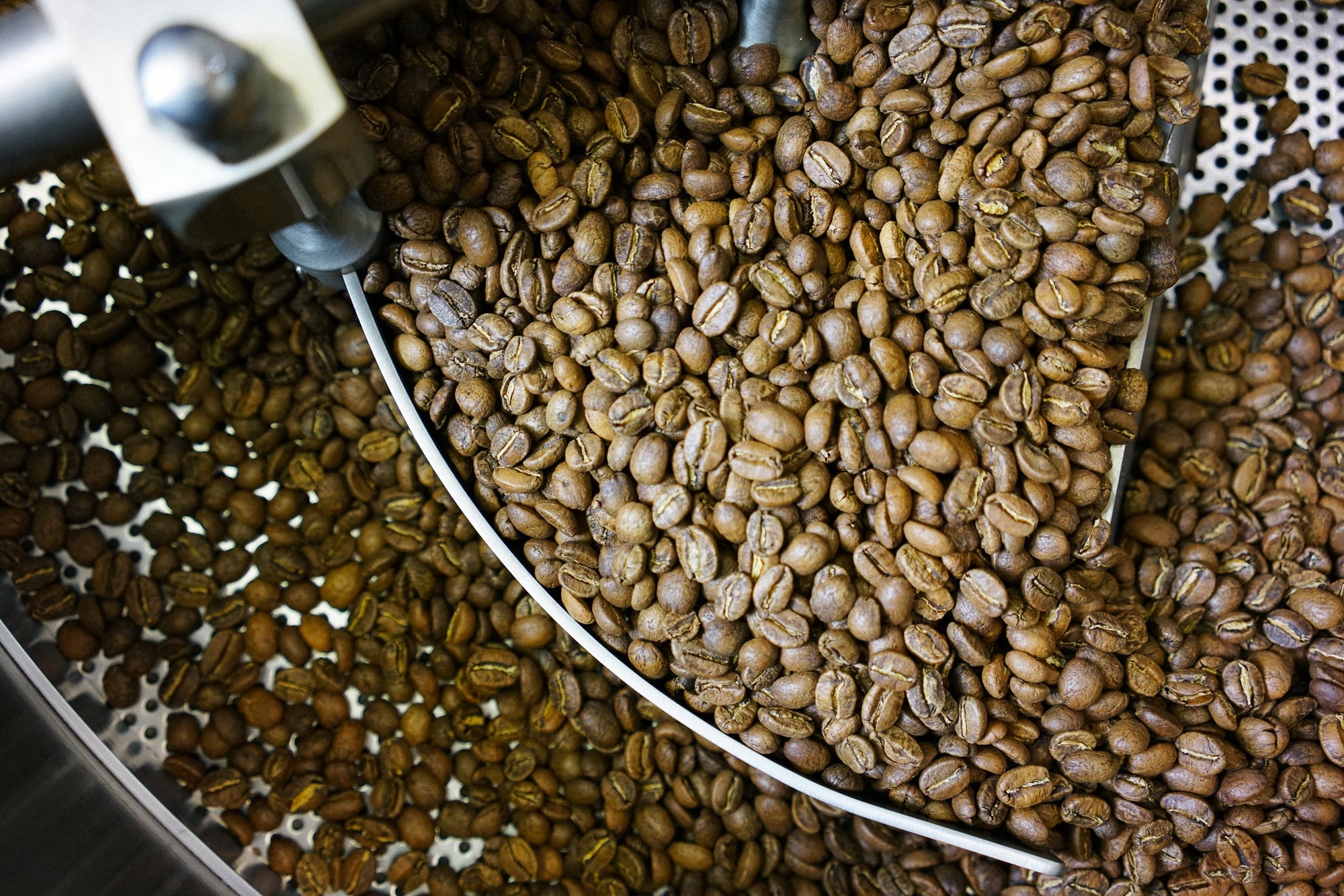

Is Curious Coffee sustainable and organic?
We think it's incredibly important for everyone who buys coffee to care about how the coffee is produced and where it comes from. Coffee is usually grown far away from its final consumer, and it can be tricky to know the conditions under which it’s been cultivated. Certification labels like "fairtrade" or "organic" can seem helpful in making the most informed buying decision. But not always. Think of small-farmed coffee as if it were farmers’ market produce – it’s often fresh and high quality even without an organic label. Certification is not essential to sustainability or high quality. In the same way, a certified product is not necessarily sustainable. We want to start a conversation about sustainability and organic practices in the coffee industry. It’s a complex topic - let’s explore it together!
In a Nutshell
In the realm of specialty coffee, the organic label can be redundant. Many coffee-producing countries are developing nations where obtaining organic certifications is challenging due to high costs and lengthy procedures. Specialty coffee producers often use sustainable and eco-friendly practices similar to organic farming, even without formal certification. These small-scale farmers focus on quality and ecological balance, using natural methods. The absence of an official label doesn’t diminish their dedication.
What does Curious Coffee do?
Our coffee is sourced from ethical green suppliers who have close ties with farmers in coffee-producing countries. We focus on traceability and ensuring fair payments to growers, good working conditions, and value flowing back to the producers. The farmers we collaborate with typically avoid chemicals, but they might not have organic certifications because they are not feasible for many small-scale producers due to high price.
We don’t base our buying decisions on certification alone: instead, we build long-term relationships with small producers who care about their environment and community. The income from their coffee goes back into their communities, creating positive, sustainable impacts. We believe this approach is more meaningful.
(Check out our coffee product pages for more info on where they come from)
Environmental Impact
Organic coffee farming is more about protecting the environment than the consumer’s health. Without chemical inputs, coffee needs partial shade, promoting wildlife habitats and healthy crop rotation. Conventional farming with chemicals leads to deforestation and soil erosion. Runoff from chemicals also harms local wildlife.
Consider This
Consumers often buy organic products to feel they’re making a responsible choice. It's great and we love that! But we need to be mindful not to shift the burden to small-scale producers. Organic coffee is often served in single-use cups or non-recyclable pods, while organic labels are stamped on bags that aren’t recyclable or compostable. We encourage coffee buyers to see the full complexity of the situation and make conscious choices about their own impact.
Building Human Connections
What can a well-meaning coffee drinker do? Find a trustworthy supplier! Trust the person who sells you the coffee to be transparent about its origins and traceability. We trust our importers, who provide detailed information about the coffees we buy. They have close relationships with the farmers and invest in infrastructure to improve their livelihoods. Knowing the farm your coffee comes from helps you understand how it’s produced. That’s why we prioritise traceability over certification in the coffee industry.


